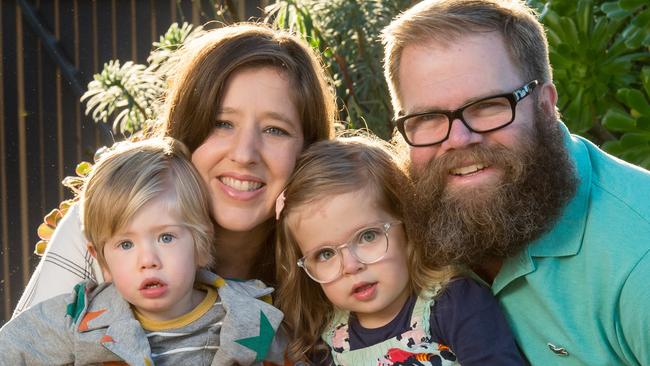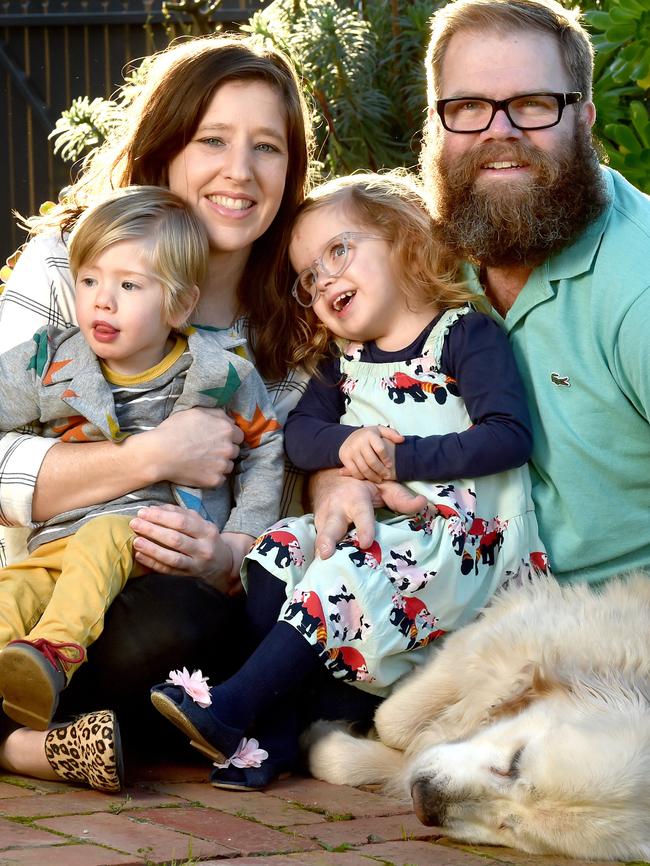Premature babies depression hits mums and dads, Melbourne research finds
PARENTS of very premature babies are suffering rates of depression up to seven times greater than those whose pregnancies go full term.

News
Don't miss out on the headlines from News . Followed categories will be added to My News.
PARENTS of very premature babies are suffering rates of depression up to seven times greater than those whose pregnancies go full term.
Findings from new Melbourne research also reveal the fathers of premmie babies suffer mental anguish at the same drastic rates as mothers, with more than one in three suffering depression soon after their child’s hasty arrival.
The impacts are so strong that one in five premmie parents still suffers symptoms of depression and anxiety six months after the traumatic birth, according to the most detailed investigation into the mental health of such families undertaken by Murdoch Childrens Research Institute.
Lead researcher Dr Carmen Pace said the study highlighted the need for improved support for parents, especially fathers.
“Trauma is often a one-off thing, but it’s not at all for these families. On average, these babies are in hospital for three months, so it is a really drawn-out process,” she said.
“One of the biggest things to come out of this is for health professionals to be aware of dads as well.”

The study of 113 mothers and 101 fathers of babies born before 30 weeks at the Royal Women’s Hospital documented their experiences every two weeks for the first six months.
While 6 per cent of new mothers suffer depression, the rates climb to 40 per cent for those with very premature babies. For fathers, the rates jump from 5 to 36 per cent.
When twins Rupert and Maisie mark their third birthday this week it will also be a celebration of overcoming a rough time for parents Radford and Kirsten White.
The West Footscray couple’s children were born by emergency caesarean at 29 weeks. “There is a massive feeling of helplessness,” Mr White said. “It is probably only the last year Kirsten and I have allowed ourselves to become more optimistic about what the future holds.”
The research was published in the journal JAMA Pediatrics.


